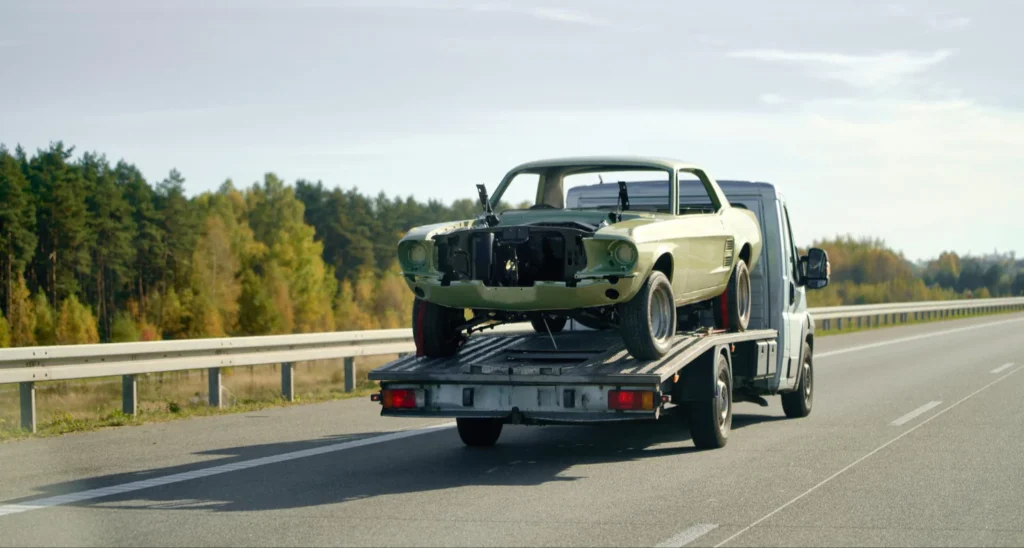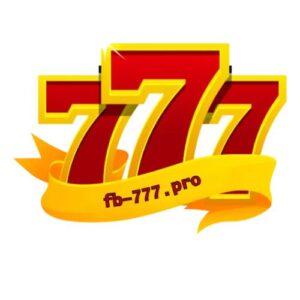Got an old clunker gathering dust—or worse, rust—in your Sydney driveway or garage? You’re not alone. Many vehicle owners end up with a car that’s no longer roadworthy, has expired registration, or is simply past its prime. Dealing with these unwanted motors can feel like a chore, but trying to ignore it is a costly mistake.
This guide provides a straightforward, step-by-step roadmap to navigate the legal and environmental requirements for properly disposing of an unregistered vehicle, focusing specifically on solutions available across Sydney.
1. Introduction
An unregistered vehicle is any car, truck, or motorbike that is not currently compliant with state-mandated registration laws, often due to expired papers, a failed safety check, or being a non-runner. It’s simply illegal to drive it on public roads.
In a densely populated city like Sydney, proper disposal isn’t just about clearing space; it’s a critical legal and environmental responsibility. Leaving an abandoned car can result in heavy fines, create an eyesore, and pose a pollution risk. Fortunately, the process for getting rid of it legally is quite streamlined once you know the steps.
2. Understand the Legal Status of the Vehicle
Before you do anything, you need to be clear on the vehicle’s official standing under NSW laws. An unregistered or expired-rego car is one where the Certificate of Registration has lapsed.
The serious risks come from the legal consequences of neglect. Leaving these vehicles unattended on public land, such as a street or roadside, can quickly lead to council or police action. A vehicle can be legally classified as “abandoned” if it appears derelict, is significantly damaged, or has been left for an extended period without owner maintenance. If it’s severely damaged or rusted, it might also be deemed “not roadworthy” by authorities, further limiting your options for movement. Fines and penalties for illegal dumping or abandonment can be substantial, so it’s crucial to act proactively.
3. Check Ownership and Required Documents
Regardless of the car’s condition, the disposal process hinges on proof of ownership. Licensed car removal services and scrap yards need assurance that you are the legal owner.
Ideally, you’ll have one or more of the following:
-
A current driver’s license matching the details on the last registration papers.
-
Transfer papers or a bill of sale from when you acquired the car.
-
The last Service NSW registration renewal notice.
If your paperwork is missing, don’t panic. You may be able to request replacement documents from Service NSW if you were the last registered owner. In situations where documentation is completely absent (e.g., an inheritance or an old family car without a trace of papers), the wrecker or removal service might accept a statutory declaration. This is a formal, written statement declaring your legal ownership and the truth of your situation, signed in the presence of an authorised witness (like a JP or solicitor). Always confirm what the specific disposal service requires first.
4. Remove Personal Items and Number Plates
This step is essential, both for security and to finalise your legal detachment from the vehicle.
First, give the car a thorough inspection and clear all personal belongings. This includes everything from sunglasses and charging cables to important documents like toll tags or logbooks.
Second, you must remove or surrender the number plates. In NSW, plates belong to the government, not the car. Once the vehicle is off the road for good and you’re not transferring the rego to another car, you should:
-
Carefully remove the physical number plates (front and back).
-
Take them to a Service NSW centre for surrender. This cancels the registration record and ensures you won’t be held liable for any future issues associated with those plates, or the vehicle, should it be incorrectly traced. You may also be eligible for a refund of any unused portion of the CTP insurance premium or registration fee, if applicable.
5. Explore Legal Disposal Options
When a car can’t be registered or sold easily, the following are the primary legal disposal methods available across Sydney.
a) Licensed Auto Removal Services
This is often the quickest and most hassle-free route. Choosing an authorised Sydney provider that specifically offers unregistered car removal is key.
These companies specialise in collecting and safely transporting vehicles that are:
-
Unregistered (the most common scenario).
-
Damaged, salvaged, or written-off.
-
Non-running or abandoned on private property.
They will typically organise the tow truck, handle all the heavy lifting, and process the necessary paperwork, often providing instant cash payment for the vehicle’s scrap value.
b) Selling to a Scrap or Wrecker Yard
Scrap yards and wrecker yards (sometimes called auto recyclers) are the end destination for most unregistered cars. They focus on dismantling the car for parts and recovering raw materials.
-
Requirements: You’ll need to provide proof of possession as mentioned in Section 3.
-
Process: They will often arrange pickup from your location. The crucial benefit here is that they are licensed to handle the final steps, including deregistration (if required) and the environmentally compliant recycling of the body shell.
c) Council or Government Disposal Methods
It’s a common misconception that the local council is responsible for disposing of your vehicle from your property. Generally:
-
Council Clean-up Limitations: Local councils in Sydney rarely collect whole cars as part of their bulky waste or clean-up services. These clean-ups are typically for general household waste.
-
Abandoned Vehicles: Councils will get involved if a vehicle is abandoned on public land (e.g., a street or council carpark). If the car is on your private land, it remains your responsibility to arrange its removal. If a vehicle has been abandoned on your private property by an unknown party, contact your local council for advice, but be prepared that you may still need to hire a private removal service.
6. Notify Service NSW (If Needed)
Finalising the Service NSW paperwork is vital to avoid future liability.
If the car was previously registered in your name, you must cancel the registration (by surrendering the plates) or formally transfer ownership to the wrecker or scrap company. This notification is essential for avoiding future fines or liability should the vehicle be illegally driven or abandoned after you’ve passed it on. Even if the car is scrapped, follow up with Service NSW to ensure their records reflect the vehicle is officially off-road.
7. Environmental Compliance
This is where licensed disposal services truly earn their worth. In NSW, strict environmental compliance standards govern how old cars must be processed.
The importance of responsible dismantling cannot be overstated. An average car contains numerous hazardous materials that can pollute waterways and soil if released, including:
-
Fluids: Oil, transmission fluid, brake fluid, coolant.
-
Batteries: Containing lead and acid.
-
Tyres: Made of non-biodegradable rubber.
Licensed auto recyclers and scrap metal companies operate under strict rules and meet EPA standards. They are equipped to drain and dispose of all hazardous fluids safely, dismantle parts for reuse, and ensure the remaining metal shell is properly crushed and prepared for metal recovery and recycling. By using a reputable Sydney wrecker, you guarantee that your old car doesn’t become a local pollution problem.
Leaving an unregistered vehicle to sit isn’t just risky—it can lead to fines, safety hazards, and missed opportunities to recycle it the right way.https://www.cashforcarnearby.com.au/
8. Benefits of Legal Disposal
Choosing the legal route is beneficial for everyone involved.
-
Peace of mind and fine prevention: Once the paperwork is sorted and the car is gone, you eliminate any worry about council infringement notices or accidental liability.
-
Eco-friendly recycling and metal recovery: You contribute positively to the environment by ensuring that valuable steel, aluminium, and other materials are recovered and reused, reducing the need for new mining operations.
-
Safe, quick removal from property: You get a reliable service that will efficiently tow the car away, finally freeing up that valuable space in your Sydney property.
9. Conclusion
Disposing of an old is a straightforward process when approached correctly. The key takeaways are to confirm your ownership, remove the number plates, and select a licensed Sydney removal service or wrecker. By following these nine steps, you fulfill your legal obligations, protect the environment, and avoid heavy penalties. Make the responsible choice today and get that unwanted car moved properly and permanently.
- How to Legally Dispose of an Unregistered Vehicle in Sydney
- Learn the legal steps to dispose of an unregistered vehicle in Sydney, including towing rules, recycling options, documentation, and safe removal methods to avoid fines and environmental harm with help from sydney auto removal services.
- unregistered vehicle disposal, vehicle recycling Sydney, legal car removal NSW, old car pickup, scrap vehicle process, car disposal guidelines, unwanted vehicle Sydney, deregistered car options, towing regulations NSW
Related posts:
No related posts.



